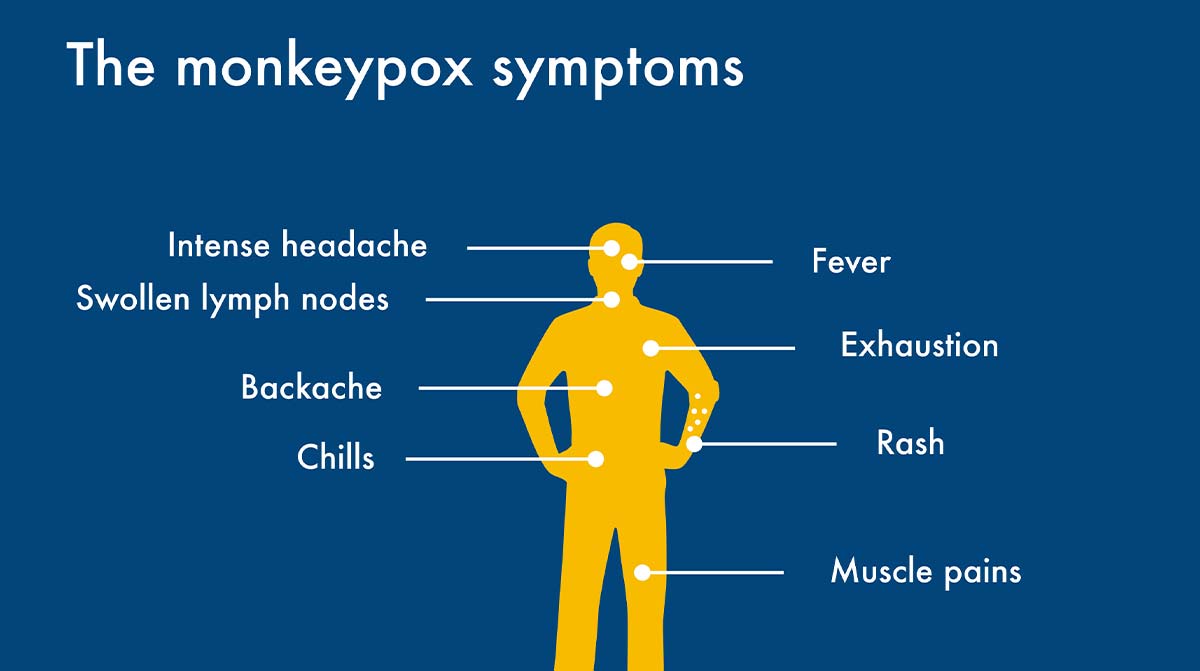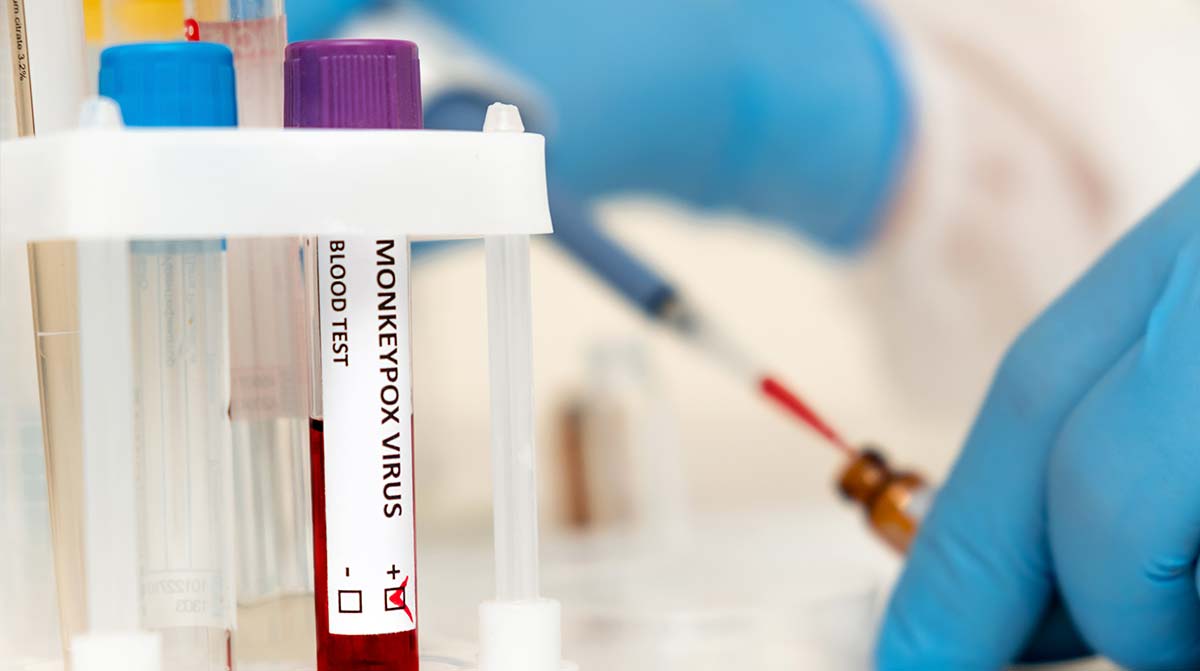How Can HR Departments Prepare for Monkeypox?
After the Covid-19 pandemic, everyone’s radar for another potential health crisis is heightened. If you’ve been following the news, you know that Monkeypox is spreading and some have worried that it will become an epidemic.
You may be asking how serious the Monkey Pox outbreak is, and how it will affect your business. In the U.S. alone, 5,800 cases of Monkeypox have been reported since May. That may not sound like a lot, but given that the virus spreads through personal contact or on surfaces, it has the potential to spread quickly.
The information from the political sphere on the subject is vague at best. California, New York, and Illinois have declared states of emergency, but a “state of emergency” doesn’t inform our personal and business safety practices.
Let’s look at some basic information about Monkeypox, how we can prepare for it in the workplace, and how we can help businesses create disease policies and procedures.
What Is Monkeypox, and How Does It Spread?
Since May, there have been over 23,000 cases of Monkeypox worldwide. It is not as virulent as Covid-19, but should still cause us to take precautions.
Monkeypox has infected humans since 1970, but was previously considered a rare disease. It is in the same family as smallpox, which started in Europe and proved deadly as it spread to areas Europeans settled.
The symptoms of Monkeypox include a fever, rash, chills, achiness, and swelling of the lymph nodes. It is rarely fatal.
The CDC informs us that Monkeypox can spread through rashes, scabs, body fluids, or prolonged contact. It can spread through items or animals that touched the infected person.
A person is no longer infectious once their rash has fully healed, which can take two to four weeks. Those who never develop a rash are not considered contagious.
How Can HR Help Prepare for Monkeypox in the Workplace?
Monkeypox is like any other medical condition, and should be treated as a disability.
That means someone with Monkey Pox is protected under the Family and Medical Leave Act (FMLA). This act gives employees as much as 12 weeks of unpaid leave each year to care for serious health concerns for themselves or an immediate family member.
Employees must be given continued health insurance through their employee and be restored to their position after leave.
With the above information in mind, those of us in the Human Resources industry need to be on the front lines of creating policies to support their employees and prevent the spread of Monkeypox.
HR departments like Flex HR create disease policies for their workplace, which model and inform those they help other businesses create. HR departments also help companies assess their current employee policies concerning sick leave, which should be outlined properly in their employee handbook.
Furthermore, it’s essential that HR departments ensure an organization is fulfilling the OSHA requirement for a company to maintain a safe work environment.
What Kind of Policies Should We Create?
Infectious disease policies should address any health and safety concerns posed by potential viral outbreaks. They should reduce the risk of them spreading.
In regards to Monkeypox, businesses can reference the CDC’s Isolation and Prevention Practices for People with Monkeypox, which recommends that those infected stay home and isolate until the rash is gone and the skin has healed. As with other illnesses, those with the disease should wash their hands regularly and use hand sanitizer.
If it’s not possible to isolate, the infected individuals should avoid close contact with people or animals. They should also cover their bodies and faces fully when out in public. Companies can share and enforce these guidelines to mitigate the spread of Monkeypox.
Ideally, those infected with Monkeypox should avoid public places with many people, such as public transportation. This might mean some employees need to be allowed to work virtually while they are still infectious.
People with Monkeypox should not share any clothing or items they’ve touched with others and should disinfect anything they use or touch before others come in contact with it. If employees have to come into work while they are still infectious, this might mean they need a separate work station that they can easily clean.
At Flex HR, we’re happy to support and aid you in creating infectious disease policies that will keep you and your employees safe and keep your business running smoothly!
Flex HR customizes plans for each client, letting you choose as many or as few services as you need, depending on your business. Reach out for more info today! 770-814-4225 or 877-735-3947 (1-877-7-FlexHR)
Contact us now to get the solutions to maximize your HR needs today!


